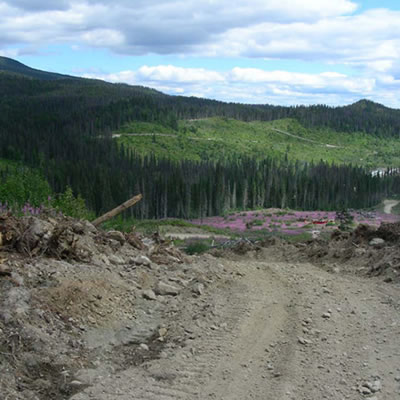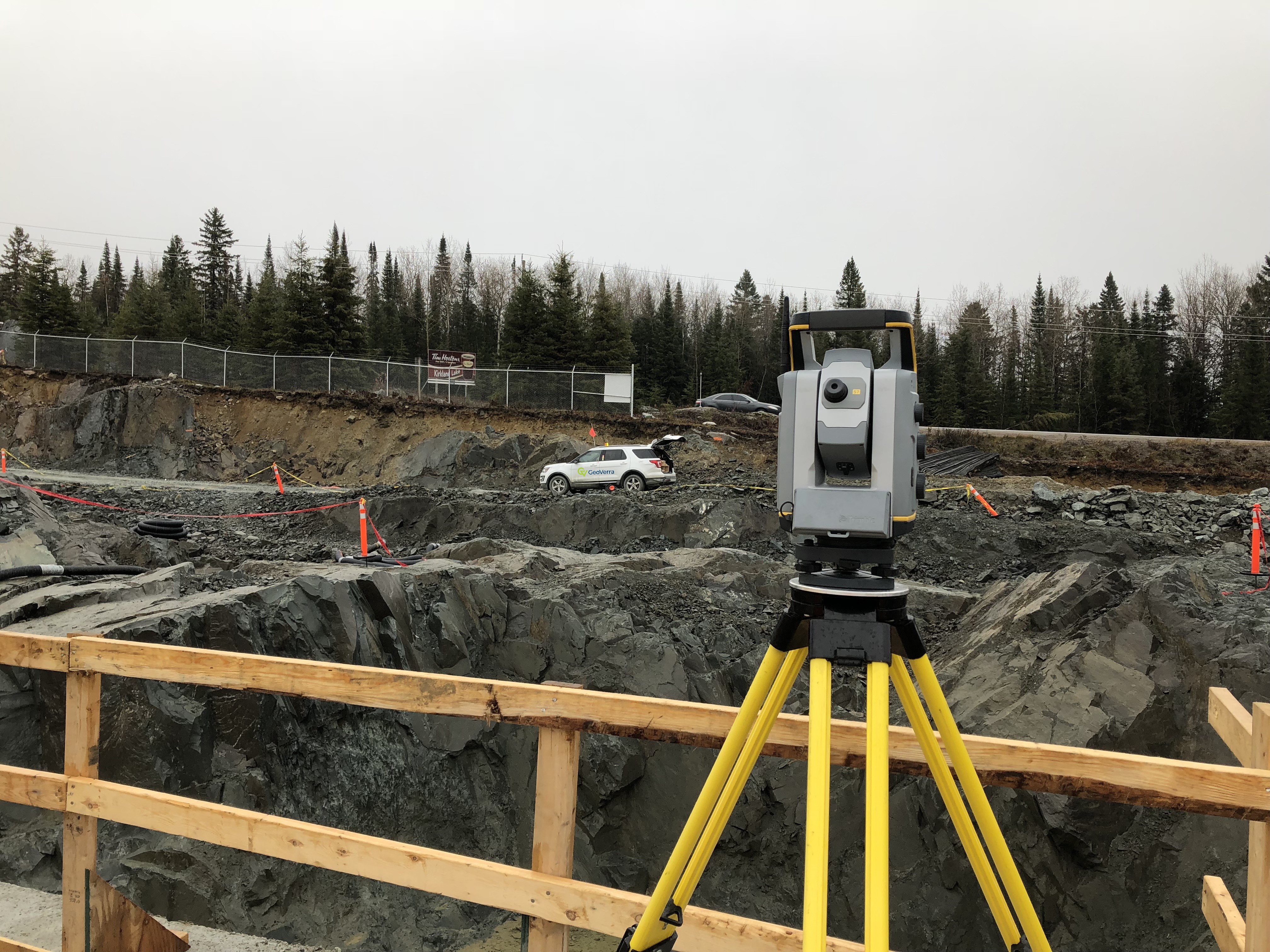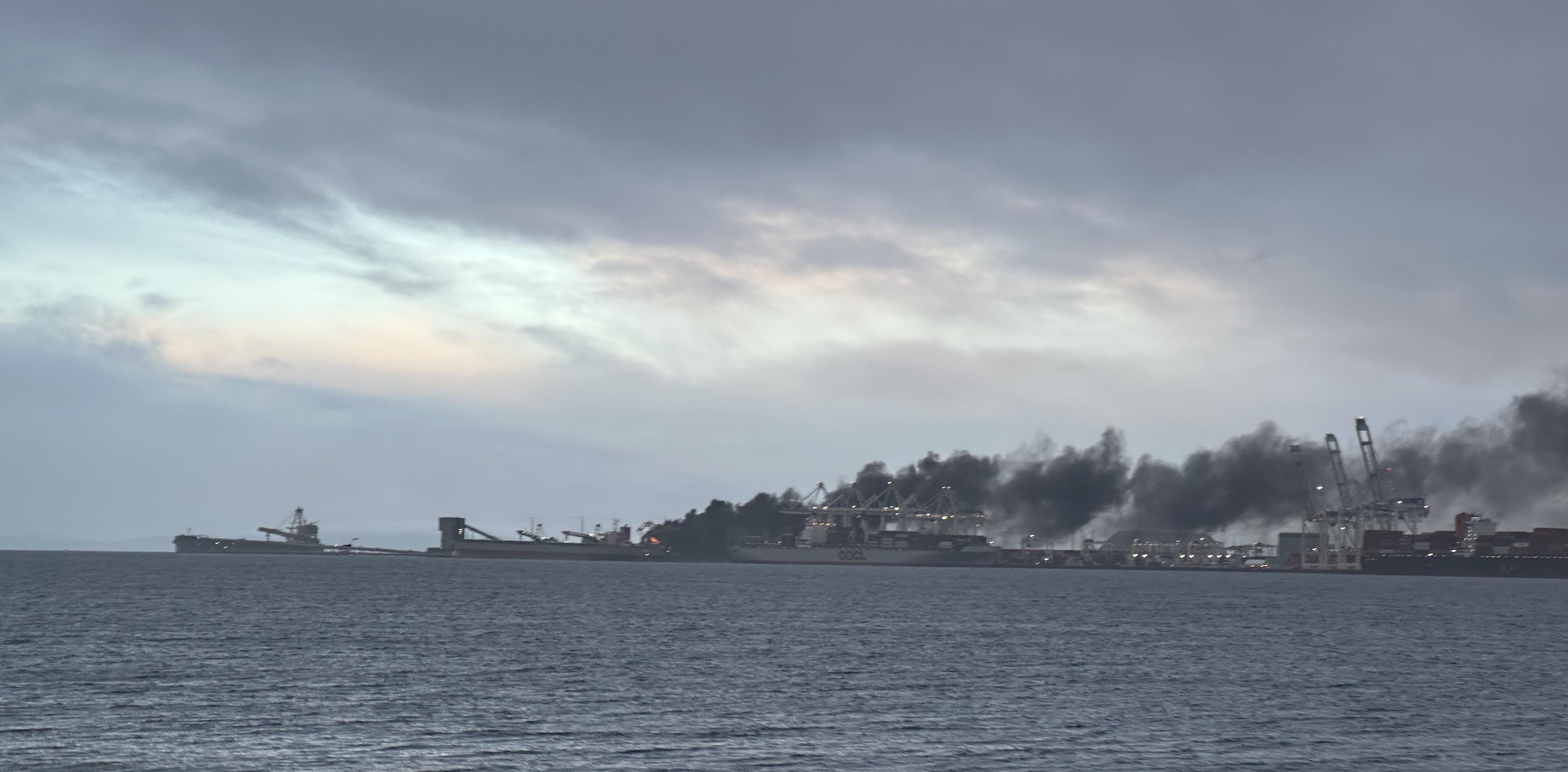FPX Nickel stepout drilling at Baptiste Deposit intersects second-highest grade near-surface nickel

The Decar Project, located in central B.C. and owned by FPX Nickel Corp. — Photo courtesy VANCOUVER, British Columbia, Nov. 20, 2017 (GLOBE NEWSWIR
The Decar Project, located in central B.C. and owned by FPX Nickel Corp. — Photo courtesy
VANCOUVER, British Columbia, Nov. 20, 2017 (GLOBE NEWSWIRE) -- FPX Nickel Corp. (TSX-V:FPX) (“FPX Nickel” or the “Company”) is pleased to announce results of the final five of eight diamond drill holes completed during its recent stepout drill testing of the Baptiste deposit at the Company’s 100%-owned Decar nickel project (the “Project”) in central British Columbia. These results are highlighted by hole 67, which returned the second-highest grading broad interval of near-surface nickel mineralization in the Project’s history.
Highlights
- Hole 67 intersected 96 metres grading 0.167% DTR nickel, starting at an approximate vertical depth of 42 metres below surface, representing the second-highest grading, near-surface interval ever intersected at the Baptiste deposit
- Hole 68 intersected 124 metres grading 0.133% DTR nickel, starting at an approximate vertical depth of 20 metres below surface
- Drilling from 2010 to 2012 and 2017 in the southeast portion of the Baptiste deposit defines a zone (see shaded area in Figure 1) approximately 1,000 metres long east-west by 200 to 600 meters wide of near-surface mineralization with grades significantly higher than the material modeled in the 2013 PEA
The results from this year’s eight-hole program support the potential for meaningful resource expansion of higher grade, near-surface Davis Tube magnetically-recovered (“DTR”) nickel mineralization at the Baptiste deposit beyond the resource used in the National Instrument 43-101 2013 Preliminary Economic Assessment (“2013 PEA”) (see 2013 PEA filed under the Company’s SEDAR profile on August 21, 2013).
“We are extremely pleased with the results of our 2017 stepout drilling program, highlighted by holes 63 and 67, which both returned broad near-surface intervals grading over 0.163% DTR nickel, representing two of the three highest-grading such intervals in the history of Baptiste,” commented Martin Turenne, the Company’s President and CEO. “This year’s successful drilling campaign supports the potential to considerably improve the development plan for Baptiste by allowing for the incorporation of near-surface tonnage with grades significantly higher than the material modeled in the early years of the 2013 PEA.”
The eight holes drilled during this year’s campaign are the first holes drilled at Decar since 2012.
Outline of Near-Surface, Higher-Grade Mineralization
The undiluted head grade in the first five years of the 2013 PEA mine plan ranged from 0.105% to 0.116% DTR nickel, assuming a cutoff grade of 0.06% (see cautionary note regarding the 2013 PEA in this news release, below).
The results of the holes drilled in 2017 (Tables 1 and 2) expand the near-surface, higher-grade southeast portion of the Baptiste deposit, which was previously defined by drilling performed from 2010 to 2012 (Table 3). Drilling in the southeast area defines a shaded zone in Figure 1 over one kilometre long east-west by 200 to 600 meters wide of near-surface material (beginning from a vertical depth of 3 to 70 metres) with DTR nickel grades significantly higher than the material modeled for the first five years of production in the 2013 PEA. This zone supports the potential to considerably improve the development plan for Baptiste by allowing for the incorporation of shallow, higher-grade tonnage in the early years of mining.
Overview of Final Five Holes of 2017 Baptiste Drilling Program
Previous drilling at Baptiste completed from 2010 to 2012 defined mineralization along a 2.5 kilometre strike length with widths of 150 to 1,080 metres. This year’s drilling expands the footprint of mineralization 700 metres southeast along strike and up to 600 metres wide.
Hole 66 was collared 420 metres southeast of the 2013 PEA resource pit outline, and was drilled to the southwest at an angle of minus 50 degrees. Drilling intersected bedrock at a depth of 20 metres, with weak awaruite mineralization depth extending to 46 metres. The remainder of the hole was characterized by weak mineralization due to patchy selective replacement iron carbonate alteration to final depth at 96 metres downhole.
Hole 67 was collared 175 metres southeast of the 2013 PEA resource pit outline, and was drilled to the north at an angle of minus 50 degrees. The hole encountered bedrock at 55 metres downhole (approximately 40 metres vertical depth) and thereafter intersected 282 metres of strong awaruite mineralization, broken up by restricted intervals of non-mineralized dikes, to a downhole depth of 294 metres. From 55 metres to 151 metres, the hole encountered 96 metres grading 0.167% DTR nickel. Mineralization in this hole remains open at depth.
Hole 68 was collared 400 metres north of hole 67 along section and drilled due north at an angle of minus 50 degrees. The objective for this hole was to better define the northern extent of the resource, stepping out roughly 190 metres to the east from previous drilling. Drilling collared into mineralized peridotite at 26 metres which continued to a depth of 172 metres, intersecting 146 metres grading 0.128% DTR nickel. From 172 to 220 metres, drilling encountered iron-carbonate altered cataclastic peridotite with weak awaruite mineralization. At 220 metres, a narrow but intense fault marks a transition to pervasively altered listwanite with low-to-trace awaruite mineralization. The hole was shut down at a downhole depth of 252 metres.
Hole 69 was collared approximately 500 metres northeast of hole 65 and approximately 400 metres east of the 2013 PEA resource pit outline, and was drilled to the southwest at an angle of minus 50 degrees. The objective for this hole was to test for near-surface mineralization, stepping out to the east from the current resource. This hole was shut down at 90 metres after intersecting weakly mineralized antithetic alteration and significant late diking throughout the hole.
Hole 70 was collared 650 metres east the 2013 PEA resource pit outline, and was drilled to the northeast an angle of minus 50 degrees. Drilling encountered 27 metres of overburden before encountering barren dikes down to 44 metres. Continuous awaruite mineralization was encountered from 44 to 249 metres, including 0.111% DTR nickel over 100 metres from 137 to 237 metres downhole. The hole was shut down at 249 metres, and mineralization remains open at depth.
Cautionary Note Regarding 2013 PEA
The 2013 PEA, by definition, is preliminary in nature and includes inferred mineral resources that are considered too speculative geologically to have economic considerations applied to them that would enable them to be categorized as mineral reserves. There can be no certainty that the PEA will be realized. It is important to note that mineral resources are not mineral reserves and do not have demonstrated economic viability.
Sampling and Analytical Method
HQ & NQ drill core were cut in half using a diamond saw and sampled continuously down hole with the exception of post mineralization dikes that are unsampled and known to have zero grade. Drill core samples were cut on-site, sampled in 4 metre lengths, bagged and sealed with tamper proof tags and shipped to Activation Laboratories in Kamloops, British Columbia, for analysis. Laboratory preparation involved crushing the entire sample to 90% less than 2 mm, a riffle split of 250 g and pulverization to 95% passing 105 microns. Davis Tube magnetic separation involves feeding a 30 gram split of the pulp through a Davis Tube magnetic separator as a slurry using a constant flow rate of 400 millilitres per minute and magnetic field strength of 3,500 Gauss at a 45 degree angle to produce a magnetic fraction and non-magnetic fraction. The magnetic and non-magnetic fractions are dried and weighed. The magnetic fraction is analyzed by X-Ray Fluorescence (“XRF”) fusion that generates high quality multi-element data, including nickel analysis. The DTR nickel grade is calculated by multiplying the XRF fusion nickel value by the weight of the magnetic fraction, divided by total recorded weight.
QA/QC procedures involved the analysis of field and prep duplicates and the insertion of certified reference material, and insertion of non-certified blanks and replicates to assess the accuracy and precision of the Davis Tube magnetic separation and XRF analysis that are used to determine the DTR nickel content. The Davis Tube method is in effect a mini-scale metallurgical test and is used to provide a more accurate measure of recoverable nickel and is the global, industry standard geometallurgical test for magnetic recovery operations and exploration projects.
Dr. Peter Bradshaw, P. Eng., FPX Nickel’s Qualified Person under NI 43-101, has reviewed and approved the technical content of this news release.
About FPX Nickel Corp.
FPX Nickel Corp. is focused on the exploration and development of the Decar Nickel-Iron Alloy Project, located in central British Columbia, and other occurrences of the same unique style of naturally occurring nickel-iron alloy mineralization known as awaruite. For more information, please view the Company’s website at www.fpxnickel.com or contact Martin Turenne, President and CEO, at (604) 681-8600.




